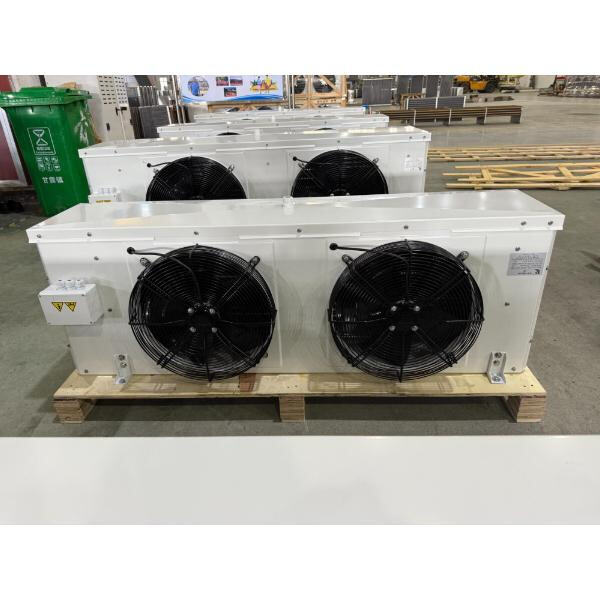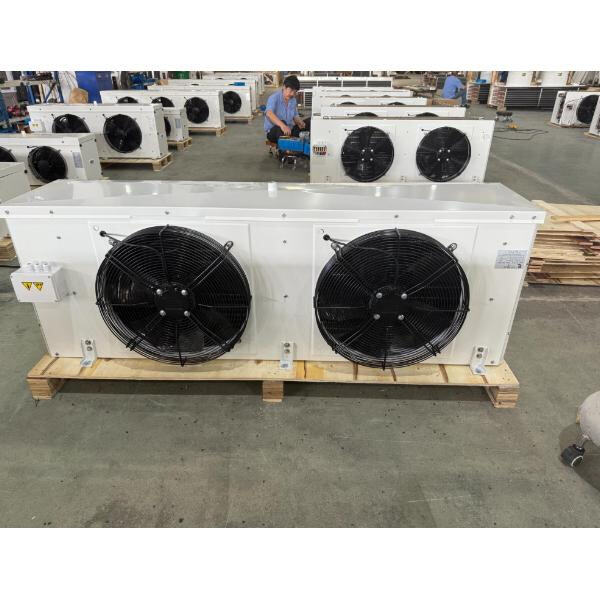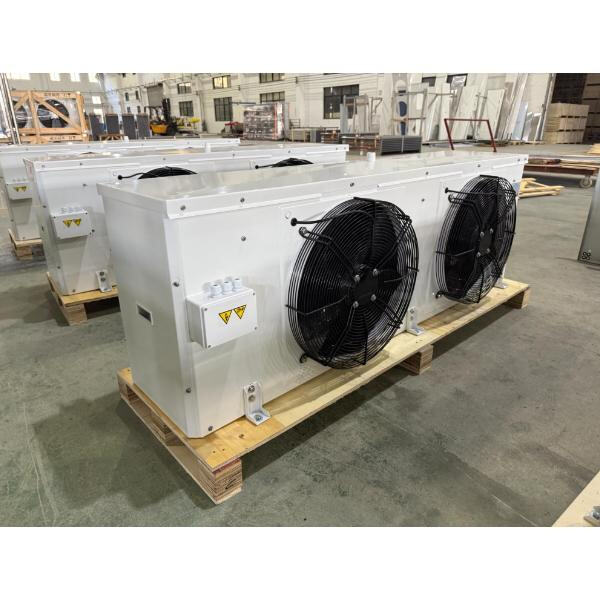It might sound like a big blow of a word — an evaporator condenser — but it's a very simple matter to understand. So let's break it up between these two parts: the evaporator and the condenser. Think of the evaporator as a sponge that absorbs heat from the inside air in your home while the condenser squeezes that heat to the outside, making your home cool and pleasant.
Evaporator condensers play a crucial role in regulating the temperature and humidity inside your home as part of an HVAC (heating, ventilation, and air conditioning) system. The evaporator works the same way except when the air conditioner is switched on the heat from the indoor air is absorbed by the evaporator keying it cooler.
On balmy summer days, when the air is warm and humid, evaporator condensers strain to lower the temperature of the indoor atmosphere and keep your abode a pleasant escape. They can also help remove excess humidity from the air to prevent mold and mildew from forming in winter, keeping your home dry and cozy.
All machines can face issues, and evaporator condensers are no exceptions. Another frequent issue is a dirty filter that can interfere with airflow and reduce the efficiency of your HVAC system. To prevent this from happening, you should be cleaning or replacing your filters regularly.

A refrigerant leak is another issue that can cause your air conditioner to be ineffective, as well as increase your energy bills. If you hear hissing sounds or find ice forming on the evaporator coils, call a professional technician to repair your air-conditioning system.

There are many types that can be used when selecting evaporator condenser for your HVAC system. Most common air-cooled condensers are typically used for residential purposes. They operate by blowing air through the condenser coils with the help of a fan, to cool the refrigerant inside.

Water cooled condensers, in contrast, employ water to transfer heat away from the refrigerant. They consume less energy compared to air-cooled condensers, but requires an uninterrupted supply of water, which will in fact, would be most effective if implemented in enterprises or factories.